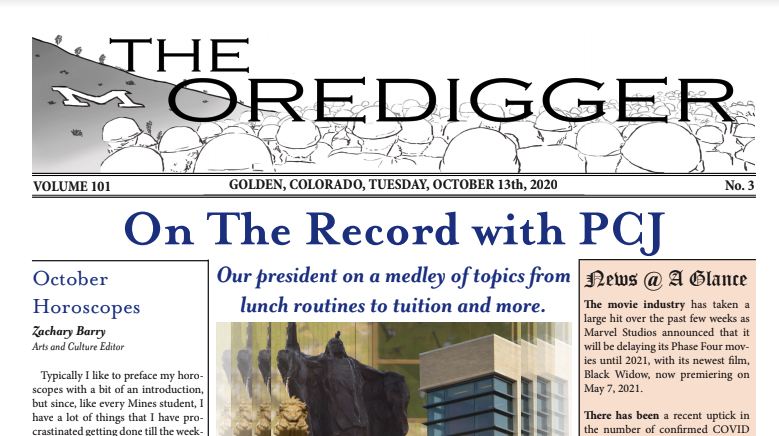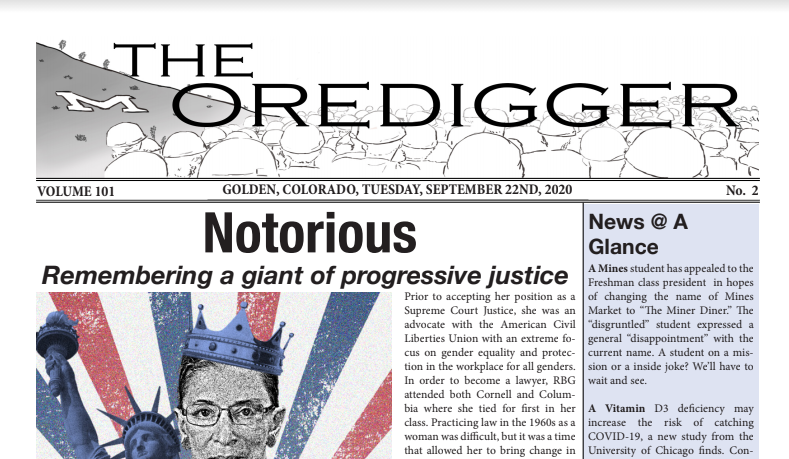“The Colorado Transcript” suggested that Golden would “be well night depopulated as every body, big and little, young and old is going to Denver to do his part in cheering the favorite Miners on to victory over their old and bitter rival, the University of Colorado” this week in 1910. The paper estimated that fifteen thousand people would be at Broadway park to see the contest. The game was expected to “be a mighty close one.” Boulder people were betting on the outcome, but “The Colorado Transcript” considered Mines’ fans to be too prudent for the wager.
This week in 1910, the Colorado Industrial Workshop for the Blind opened in Denver. The home was established with an appropriation of $10,000 from the Colorado Legislature and intended to create a place for interested blind people to “be taught trades and secure employment under state supervision.” Ultimately, the goal was for people to be able to relearn the trades they had practiced before becoming blind. The shop was to be open to anyone who was at least 21 and had been a citizen of Colorado for three years.
At the Trans-Mississippi conference in Oklahoma, Colorado delegates Thomas F. Walsh, James M. Brinson, and F.H. Newell argued for the states’ interests. Walsh “made a vigorous plea for good roads,” Brinson “urged the creation of a department of mines and mining,” and Newell “told of the work of the reclamation service.”
The Denver & Rio Grande railroad completed their Eagle River Canyon double-tracking process this week in 1910. “The Colorado Transcript” referred to the job as “one of the greatest engineering feats of the year.” The track cost more than $100,000 per mile, but was considered worthwhile because it would offer “a great improvement, by which trains can be more easily operated over the steep grade on the west side of the Tennessee Pass.”



'This Week in Colorado History: Beat the ‘Buffs' has no comments
Be the first to comment this post!